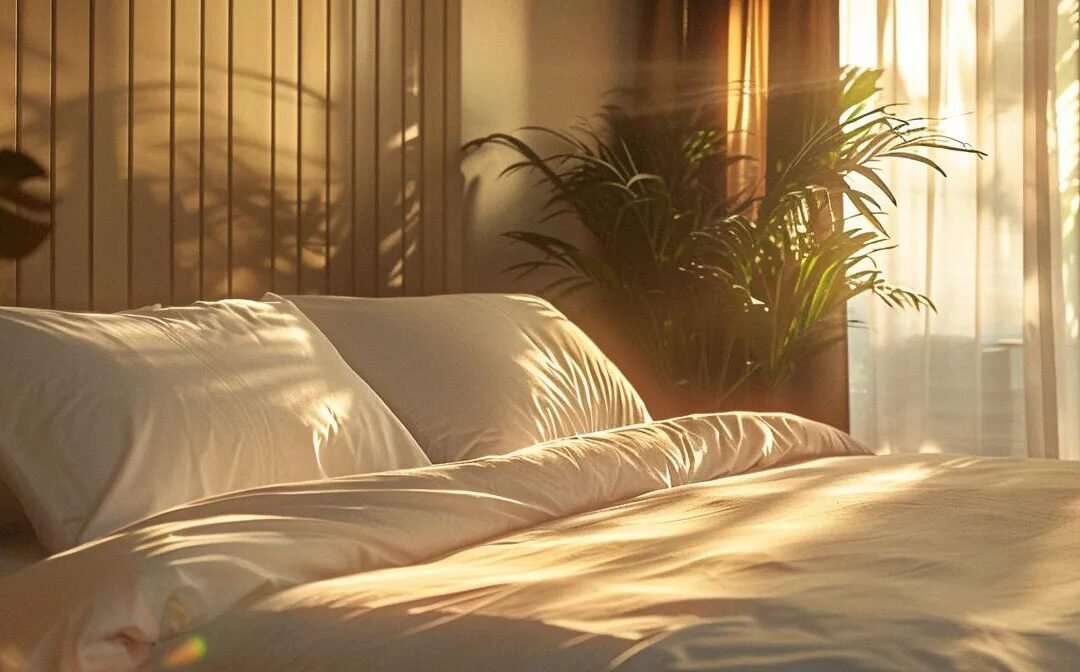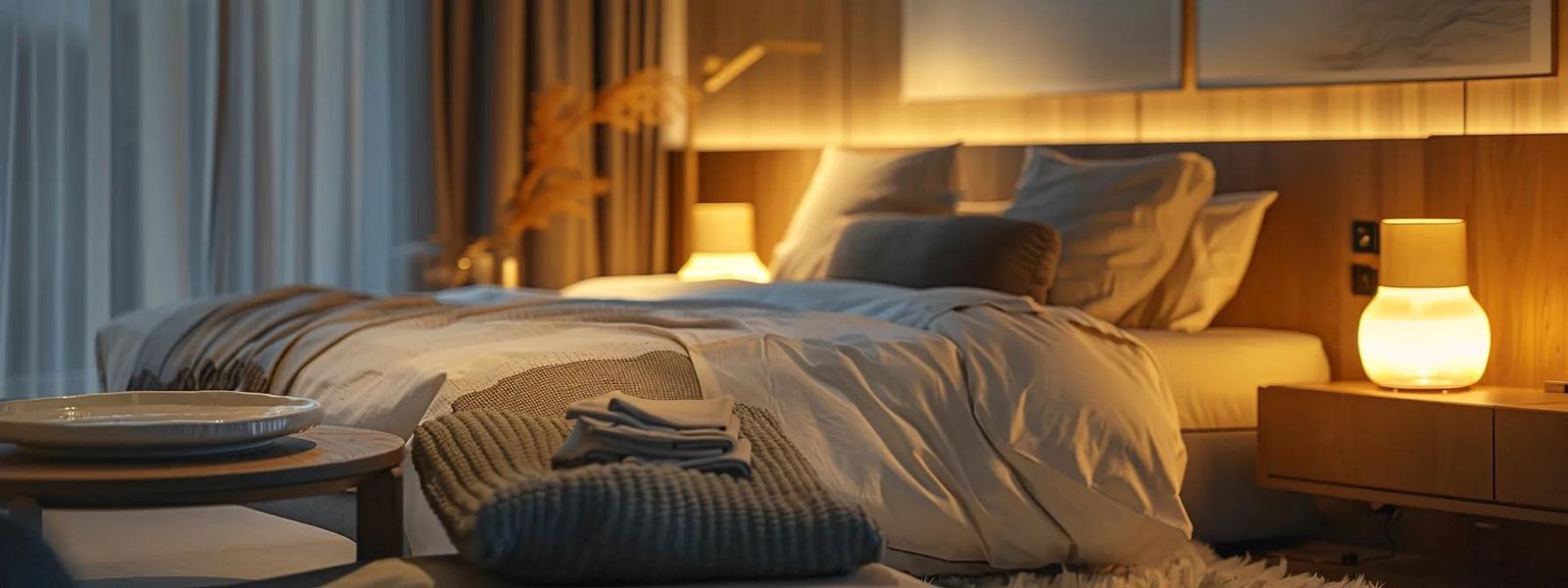How to Sleep Better and Live Better: Essential Tips and Solutions for Restful Sleep
What Are the Best Sleep Hygiene Tips to Improve Your Rest?
How Does a Consistent Sleep Schedule Enhance Sleep Quality?
Which Bedroom Environment Changes Promote Better Sleep?
What Daily Habits Support Healthy Sleep Hygiene?
Which Are the Best Sleep Products to Support Restful Nights?
How Do Mattresses and Pillows Affect Sleep Comfort?
What Are the Benefits of Weighted Blankets and Sleep Masks?
How Can Sound Machines Improve Sleep Quality?
What Natural Insomnia Remedies Can Help You Fall Asleep Faster?
Which Herbal Supplements and Teas Promote Relaxation?
How Do Relaxation Techniques Reduce Insomnia Symptoms?
When Should You Consider Professional Sleep Coaching?
How Does Sleep Affect Mental Health and Overall Well-Being?
What Is the Connection Between Sleep and Stress Reduction?
How Can Better Sleep Improve Mood and Cognitive Function?
Why Is Sleep Important for Physical Health and Immunity?
What Are Effective Relaxation Techniques for Better Sleep?
How Does Mindfulness Meditation Support Sleep Onset?
What Breathing Exercises Help Calm the Mind Before Bed?
How Can Progressive Muscle Relaxation Improve Sleep Quality?
How Can Personalized Sleep Plans Help You Sleep Better?
What Does a Sleep Coaching Session Include?
How Does Sleep Tracking Technology Provide Insights?
How Are Sleep Plans Tailored to Individual Needs?
Where Can You Find Reliable Educational Resources on Sleep Improvement?
What Topics Are Covered in Sleep Hygiene and Insomnia Guides?
How Do Expert Articles and Videos Enhance Sleep Knowledge?
Why Is Evidence-Based Information Important for Sleep Health?
Frequently Asked Questions
Final Thoughts
Table: Comparison of Sleep-Supporting Products
| Product Type | Key Feature | Benefit | Ideal For |
|---|---|---|---|
| Mattress & Pillow | Ergonomic support, motion isolation | Enhances spinal alignment and reduces disruptions | Couples and individuals needing comfort |
| Weighted Blanket | Deep pressure stimulation | Reduces anxiety and induces relaxation | People with stress-related insomnia |
| Sleep Mask | Light-blocking design | Promotes melatonin production | Light-sensitive sleepers |
| Sound Machine | White/pink noise generation | Masks disruptive noises for continuous sleep | Urban dwellers/shared bedrooms |
| Herbal Supplements | Natural sedative properties | Calms the mind and facilitates sleep onset | Those preferring natural remedies |
List: Daily Habits to Enhance Sleep Hygiene
- Set a Consistent Bedtime – A fixed sleep schedule every night helps regulate your internal clock.
- Create a Relaxing Pre-Sleep Routine – Activities like reading or gentle yoga signal your body to wind down.
- Limit Screen Time – Avoid blue light from screens at least one hour before bed to boost melatonin production.
- Optimize Your Sleep Environment – Adjust room temperature, use blackout curtains, and eliminate disruptive noise.
- Avoid Heavy Meals and Stimulants Late in the Day – Keep your last meal light and skip caffeinated beverages in the evening.




